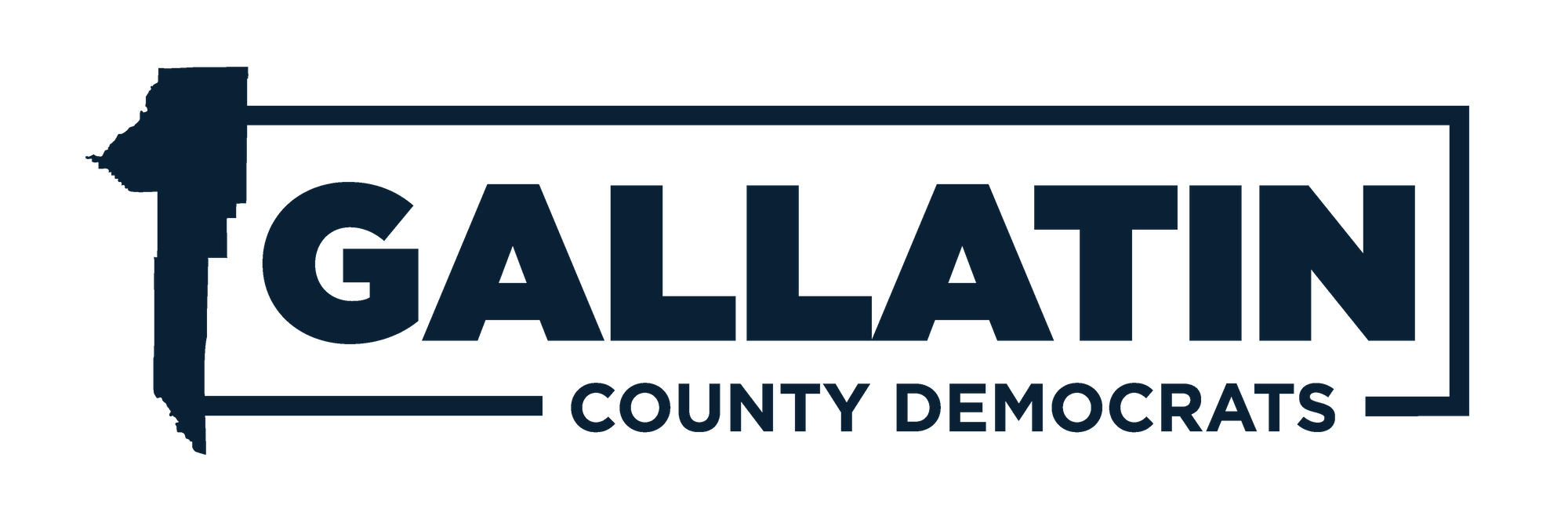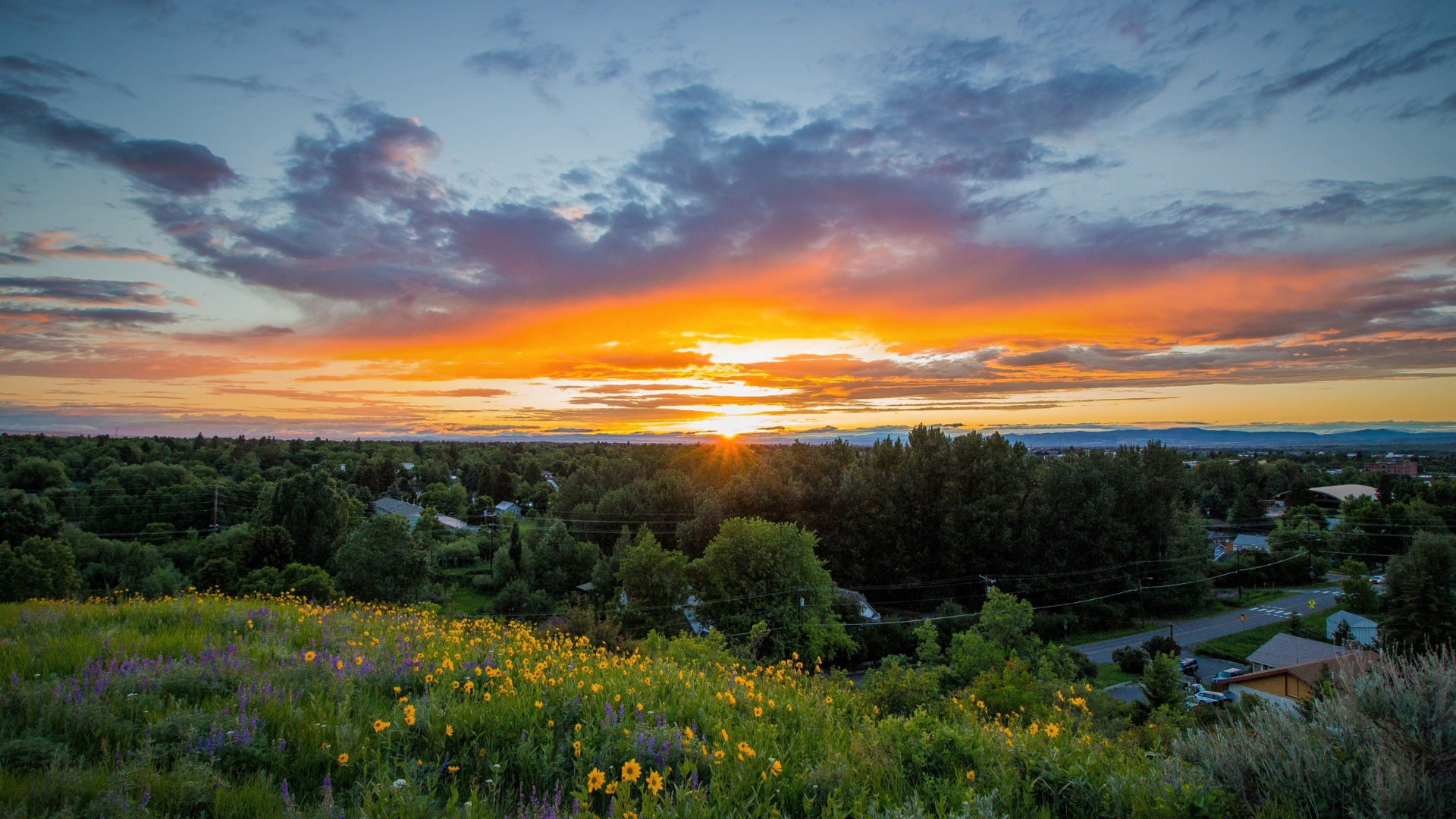By LEI-ANNA BERTELSEN, JAN STROUT and RACHEL KRUG
Guest columnists
It has been an exhausting year for women. Many have lost their jobs and businesses. Others are still contending with shuttered schools, an ever-increasing workload and a to-do list that never ends. While much has changed, some things have stubbornly persisted. We are more aware of racial, economic, and social justice issues pervading our lives- and the painful consequences they bring. Among the many inequities the pandemic has exposed, the widening gender and racial pay disparities are clear.
The Bozeman Task Force to Advance the Status and Safety for All Women and Girls has partnered with Bozeman Business and Professional Women to address workplace fairness and economic security for women, girls and others most marginalized. These recommendations will be presented to the Bozeman City Commission on April 6. The public is invited to comment.
March 24th was National Equal Pay Day. This date symbolizes how far into this year women on average must work to earn what men earned in 2020. According to the City of Bozeman’s Equal Pay Report (2019), women employees earned 69.8% of what men earned. Across Montana, data from Women’s Foundation of Montana’s 2018 Equal Pay Report demonstrates how this economic
unfairness and inequity is magnified by race and ethnicity. Black women earn 62% of what men earn. For Hispanic women, it’s 54%, and for Indigenous women, it’s 67%.
COVID-19 exacerbated this pay disparity. Job loss, closure of day cares, and managing children’s online learning while working remotely uniquely impacted women, adding to their financial losses and mental stress. For women in unsafe relationships, economic insecurity increased threats and gender-based violence.
For women of color, the burden is even greater. The National Women’s Law Center estimated an average lost lifetime income of $406,280. It exceeds $1 million for Hispanic women and is nearly $1 million for Black and Indigenous women. The already vulnerable have become more vulnerable.
One root cause of this gender disparity is that women’s work is undervalued and rarely paid accordingly. It took a pandemic for us to truly realize the essential need for child care, teaching, and other nurturing professions dominated by women. In examining the wage gap, the discussion must center on this: How do we recognize the actual value of the work women do? Since this type
of cultural change will take time, we can leverage other factors to move us closer to equal pay.
Bozeman can look to the example of other successful cities in implementing our Equal Pay Resolutions. Albuquerque, Tempe, Boston, Boulder, Austin, and Seattle are all cities that have a variety of measures to address the issue. These range from pay transparency in government jobs, prohibitions of interview questions about salaries, and incentives for vendors and businesses that
achieve pay equity. Minnesota cities use an evaluation system to determine the value of the work performed by employees so that women and men are paid equally for jobs of comparable expertise.
Bozeman is already implementing a Gender Pay Equity policy requiring vendors that receive city contracts must adhere to non-discriminatory practices including equal pay and prioritizing the
study of comparable worth. These are steps in the right direction.
To advance women’s rights in the workplace, the Bozeman Task Force is working with the city and community partners to increase affordable and quality subsidized child care; provide a system for paid family and medical leave; address workplace safety, especially from sexual and racial harassment; adopt Bozeman City for CEDAW, a “Bill of Rights” to advance the status and safety of women, girls, and those most marginalized as a path toward diversity, equity, and inclusion; and conduct a city of Bozeman study on gendered and racial economic impacts of the pandemic.
By examining the way our society views the “value” of work through gender and race, and by gaining an understanding of the way that pay equity overlaps with other equality issues, we can move the city of Bozeman closer toward economic equity.
Lei-Anna Bertelsen and Jan Strout are co-leaders of the Bozeman Task Force. Rachel Krug is President of the Bozeman Business and Professional Women. Assistance and edits provided by Etta
Gold, Caelen McQuilkin, and Bozeman Task Force Member Cara Jorgensen
Bozeman Daily Chronicle Guest Editorial 4/6/21

